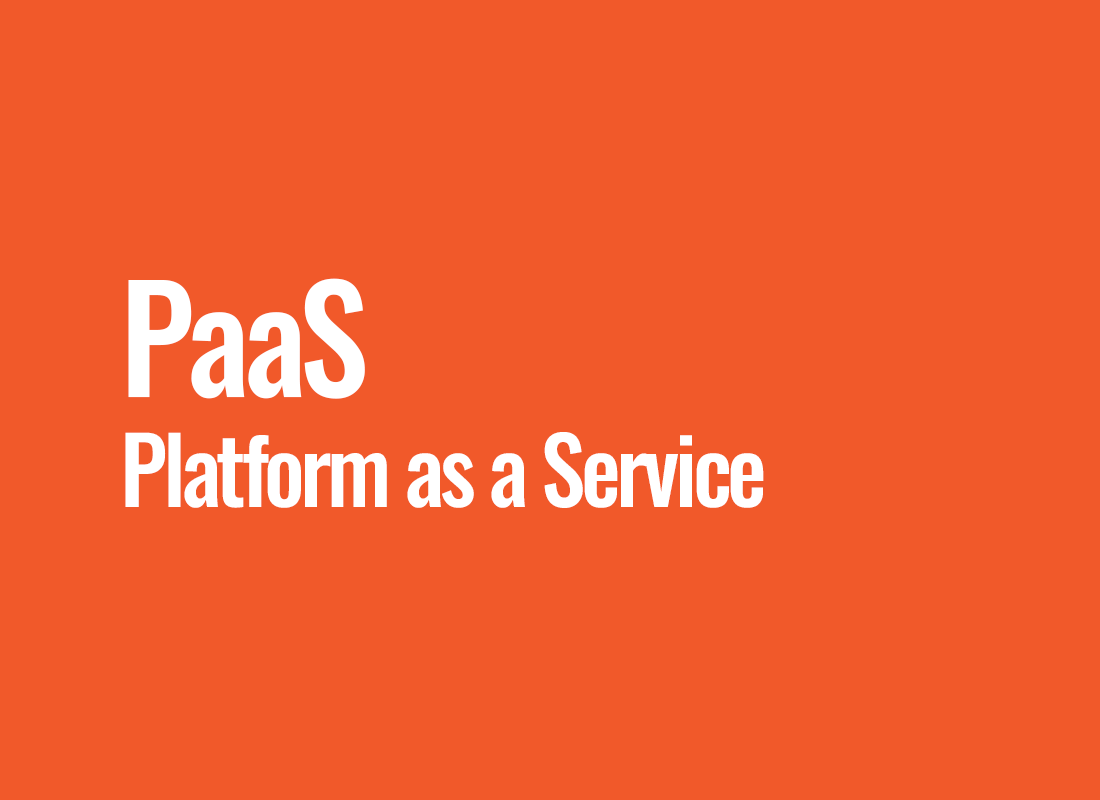PaaS (Platform as a Service)
In today's rapidly evolving world of business and technology, the need to adapt to change has become an integral element of success. In this context, the concept of "Platform as a Service" (PaaS) emerged as one of the most innovative tools revolutionizing the way companies deploy and manage applications, IT infrastructure, and creative processes. Unlike traditional approaches, PaaS offers a unique solution, enabling businesses to achieve greater efficiency, flexibility, and effectiveness, opening new horizons for creators, developers, and entrepreneurs.
PaaS – Vision of Creation and Management
Within the cloud computing ecosystem, PaaS stands out as an environment that allows companies to develop, test, and deploy online applications and services without the need to build and maintain complex technological infrastructure. Unlike the IaaS (Infrastructure as a Service) and SaaS (Software as a Service) models, which respectively provide infrastructure or ready-made software, PaaS offers a complete platform, encompassing tools, frameworks, libraries, and services, streamlining the entire application development process.
In practice, PaaS provides businesses with a ready-to-use software environment, reducing the need to engage resources in creating and configuring infrastructure. Developers can focus on coding and innovative solutions, using available tools for database management, scalability, or integration with other services. This allows development teams to operate efficiently, reducing the time to launch new features to the market.
Examples of PaaS applications
1. E-commerce and scalability
In the e-commerce industry, where dynamic fluctuations in online traffic can occur quickly, PaaS plays a crucial role in ensuring scalability. An example is Amazon, which offers Amazon Web Services (AWS) as PaaS. This allows e-stores to adjust their resources depending on the load, ensuring smooth and uninterrupted operation even during periods of intense traffic, such as sales seasons or holidays.
2. Mobile app development
In the mobile app development industry, PaaS significantly accelerates the process of creating and testing new features. An example is Google's Firebase platform, which provides a set of tools for building mobile apps. Developers can focus on designing the interface and app logic, leaving backend infrastructure and user analysis to the Firebase platform. This allows for rapid iteration and bringing innovative solutions to the market.
3. Innovations in marketing
In the realm of marketing, PaaS enables the creation of personalized campaigns and real-time performance analysis. An example is the Salesforce Platform, which provides tools for customer relationship management and personalized marketing campaigns. With PaaS, companies can tailor content and offers to individual customer preferences, enhancing marketing campaign effectiveness.
Future of PaaS tools
Platform as a Service (PaaS) is a unique tool shaping the future of application creation and IT infrastructure management. Given the dynamic technological changes and market requirements, PaaS becomes a key factor enabling companies to achieve success in a competitive business environment. It opens the door to greater efficiency, innovation, and flexibility in the process of creating, testing, and deploying technological solutions.
Examples of PaaS applications, such as scalability in e-commerce, acceleration in mobile app creation, and personalized marketing campaigns, showcase the vast potential of this technology. Companies can quickly and agilely adapt to changing market needs thanks to the ready-to-use tools and services provided by the platform.
As technology continues to evolve, PaaS is expected to continue its evolution, offering even more advanced tools and solutions. New technologies, such as artificial intelligence or blockchain, can enrich PaaS functionalities, opening new horizons for innovation and creativity.
In conclusion, Platform as a Service is not just a tool but a philosophy of changing the approach to creating and managing technology. For companies, it means more than just access to ready-made tools - it's an opportunity to transform the way they operate, enhance efficiency, and boost competitiveness. In an era of constant change, PaaS becomes a sure guide to success, allowing companies to set new standards and reach new, yet undiscovered areas of growth.




